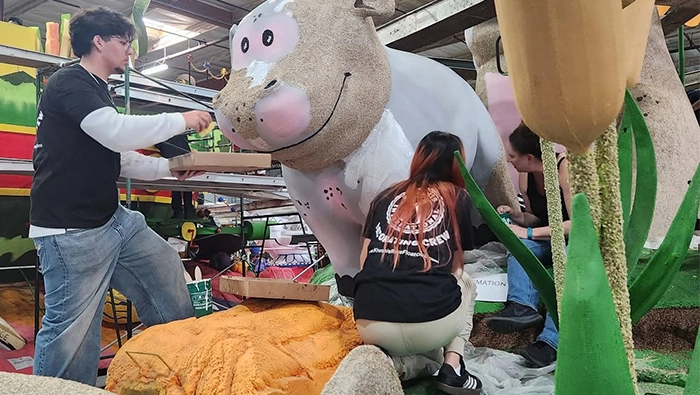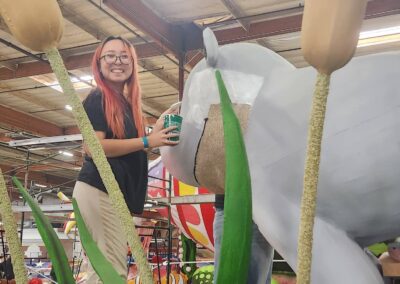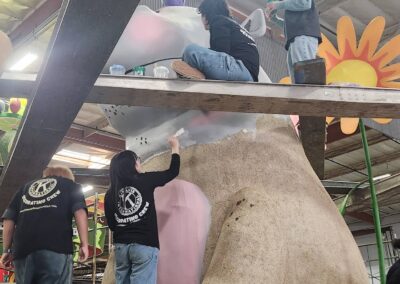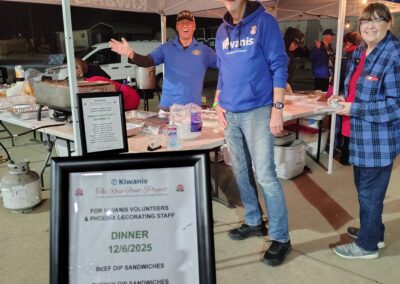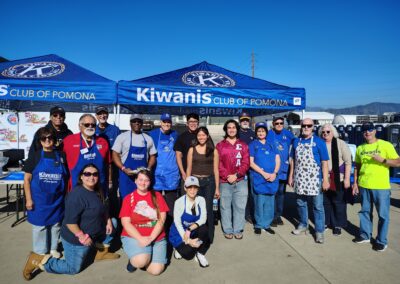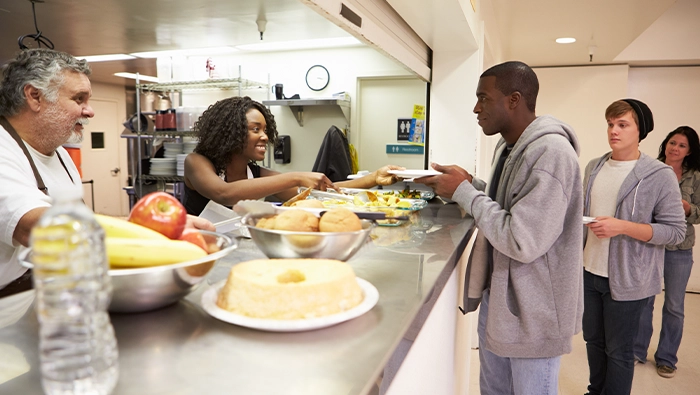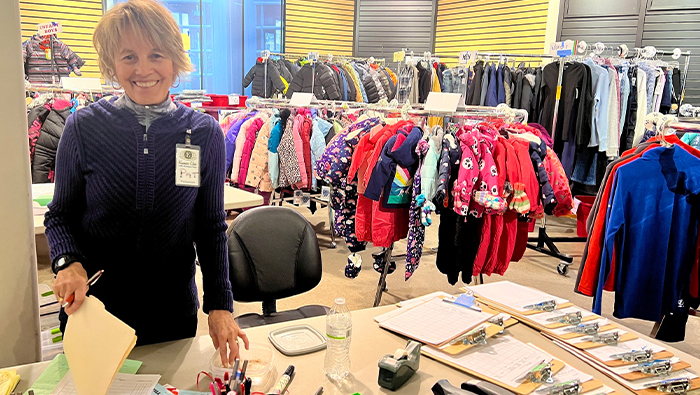
Decades of holiday happiness
Community support boosts a Kiwanis club’s 34-year program.
By Linda Little, treasurer, Kiwanis Club of Mount Washington Valley
The Angels & Elves project began in 1991 as a grassroots holiday assistance program serving families in the Mount Washington Valley of rural northern New Hampshire, U.S. As the program grew, the Kiwanis Club of Mount Washington Valley — a club of just 52 members — assumed stewardship in 2003, providing the organizational structure needed to sustain it long-term.
Today, Angels & Elves has been supporting local families for 34 years — and the 2025 holiday season was the strongest in the program’s history.
Last year, Angels & Elves served 489 children. Because of an extraordinary level of community involvement, every family received a US$50 grocery gift card, and every child was fully sponsored. Children received essential items needed for a New England winter — such as coats, boots and warm clothing — along with the Christmas wishes they asked for, ensuring each child received something chosen just for them.
A community of helpers
While Kiwanis provides leadership and oversight, the work of Angels & Elves is carried out by a wide network of community volunteers. Some have been involved for decades, serving as team leaders and returning year after year to organize, wrap and distribute gifts.
Local businesses play a major role in making the program possible. Many sponsor children directly, run fundraisers or host dine-to-donate events. Some local retailers also offer discounts to sponsors shopping locally for children. In addition to financial support, business owners and employees regularly volunteer their time, helping sort, wrap and organize gifts during the busiest weeks of the season.
The program is strengthened by community partners who provide experiences and opportunities. Each year, the Mount Washington Valley Bicycle Club donates a few dozen bicycles, and the Conway Scenic Railroad hosts more than 400 children and their families aboard the Santa Express, allowing families to share a holiday experience together.
Settlers Green, a local outlet mall, donates multiple locations each season — one serving as the operational hub for Angels & Elves and a second for Photos with Santa, a fully Kiwanis-run fundraiser that helps support the program.
Because of the level of support received in 2025, Angels & Elves also was able to help other local holiday assistance efforts.
Over the years, many people who first volunteered with Angels & Elves have gone on to become Kiwanis members.

